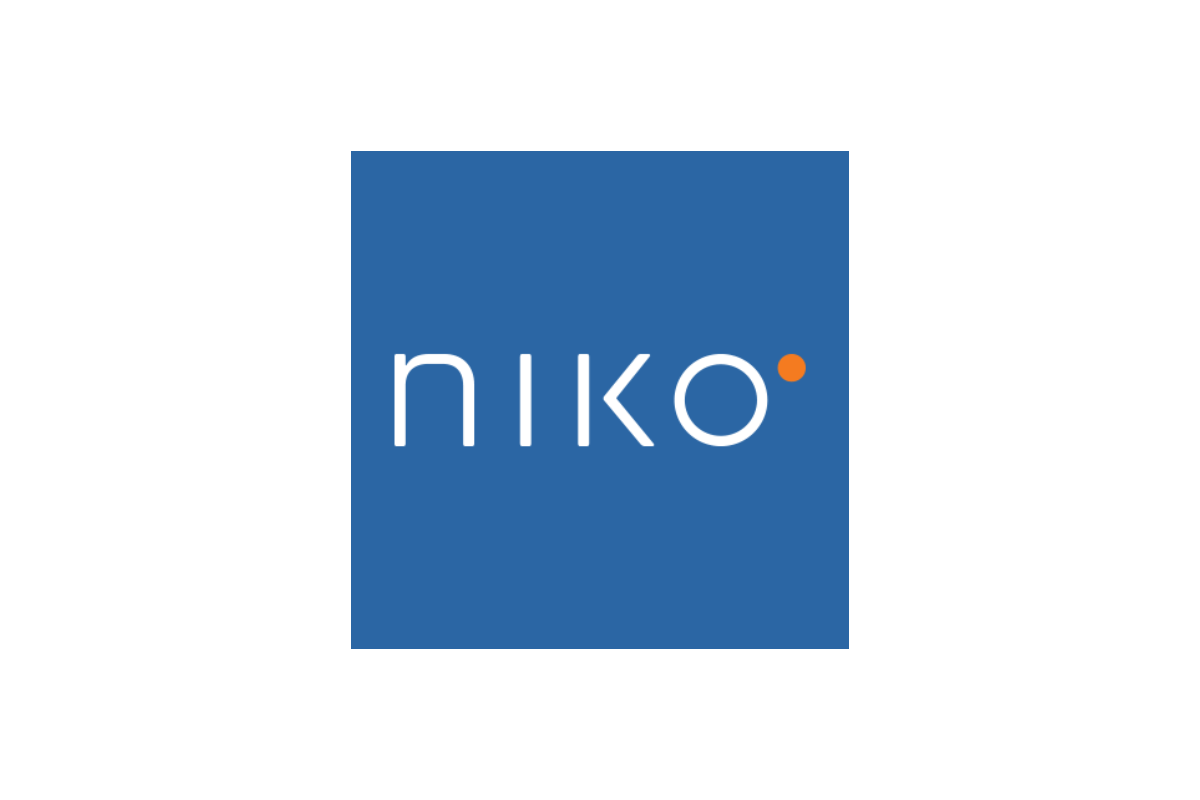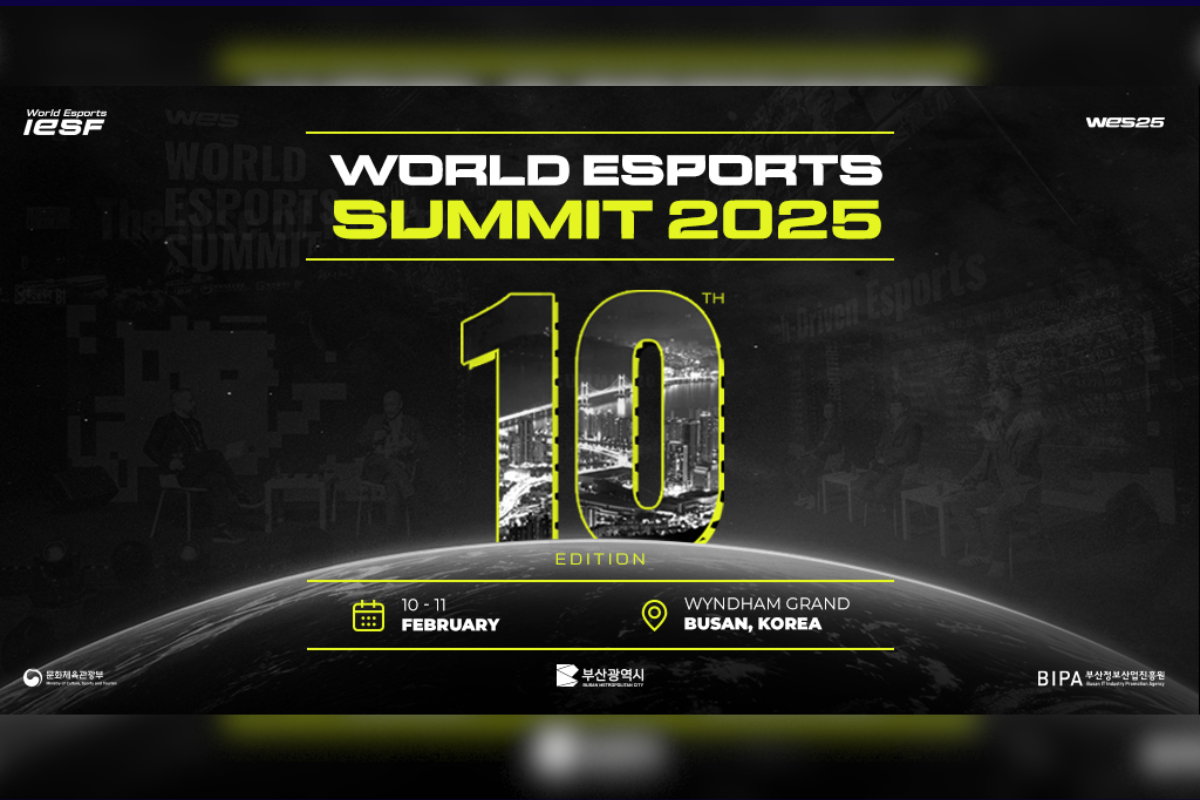Asia
Niko Partners 2022 Asia Video Game Industry Predictions

1. MENA-3 games market revenue will surpass $2 billion in 2022
Niko Partners initiated coverage on Saudi Arabia, the United Arab Emirates and Egypt for the first time in 2022. We call this region MENA-3 in our reports and expect combined games revenue across all platforms to surpass $2 billion this year. Growth will be driven by higher spending per user, additional government support across games and esports, and more gamers entering the market.
2. India will have over 400 million gamers in 2022
We predict India will surpass 400 million gamers this year, accounting for over ¼ of total gamers in Asia. We also believe that India, the fastest growing market in Asia, will be the next market to reach $1 billion. Niko Partners has often talked about how the ITV markets, referring to Indonesia, Thailand, and Vietnam, would be the next billion-dollar games markets. These three markets have surpassed $1 billion individually over the past two years.
3. Game approvals in China will restart in early 2022
China’s video game regulator has not approved any new titles since July 22, 2021. There were only 755 titles approved in 2021, compared to 1,411 in 2020. With the roll out of the national anti-addiction and real name identification system now complete, we expect approvals to restart in early 2022.
4. China’s regulatory approach will shift from reform to enforcement
China’s video game regulator introduced new policies in 2021, primarily aimed at curbing gaming addiction among minors. We expect the regulator to shift away from policy reform in 2022, as it looks to ensure compliance with current regulations. We are already starting to see a crackdown on companies that are curbing regulations and we have upgraded the risk of a Steam International ban in China to high.
5. Game companies in China will increase focus on exports
Chinese game companies have dominated their home market and found success overseas with mobile games. With increased investment in AAA game development, local indie studios and the ongoing regulatory risk at home, we expect Chinese game companies to start finding success on all platforms overseas in 2022 and beyond.
6. Esports will become more legitimate in 2022
In 2017 the International Olympic Committee recognized esports as a sport, in 2018 esports was a demonstration event at the Asian Games in Jakarta, Indonesia and in 2022 Esports will be a medal event at the Asian Games in Hangzhou, China. This will lead to more investment in esports player pipelines and player development. 2022 will enjoy an increase in esports training, education, subsidies aimed at esports management, player development.
7. Cross Platform and Cross Play will be a staple of new titles in 2022
The success of multi-platform titles such as Genshin Impact, the widespread adoption of scalable game engines such as Unreal Engine and Unity as well as the demand for interoperability between devices has led to players valuing cross platform experiences with cross play. We expect some of the largest game studios in China, South Korea, and Japan to introduce titles that run across PC, Console, Mobile and Cloud with cross play enabled.
8. 5G will be available across all 14 markets we cover in 2022
5G has been rolling out across numerous markets in Asia since South Korea launched 5G services in April 2019. This has led to increased download speeds, lower latency and helped enable cloud gaming on the go. Malaysia, Vietnam, India and Egypt are the four markets we cover that have yet to roll out 5G. We expect them to start their roll out by the end of the year.
9. M&A / Investments / IPOs will continue to play an important role
2021 was a record year for game related investments, especially in China where the number of transactions doubled compared to the prior year. Tencent alone invested in or acquired more than 100 game related companies last year. We expect M&A / Investments to continue playing a notable role in 2022 and beyond as the value of IP, development talent and new technologies become more important. While there may be a lower number of deals closed in 2022, we believe the overall value will continue to remain high.
10. Gaming companies will capitalize on the metaverse trend better than tech companies, but it’s still too early for the concept
Metaverse became a hot word in 2021 with numerous tech and gaming companies embracing the concept. Niko Partners believes that live service video games have been building towards the metaverse concept for several years and that companies with experience in both video game development and social media platform operation will have an advantage when entering this space. We expect game focused companies to see the initial benefits of the metaverse trend while tech first companies will struggle to offer value to users. However, we don’t expect to see a true metaverse experience in 2022 based on the currently accepted definitions.
11. The convergence of video games and the entertainment industry further engages gamers
The video game industry is building on the concepts of metaverse, pan-entertainment and transmedia which is leading to a convergence between games and entertainment. We expect to see more traditional brands, entertainment properties and artists take advantage of live service games in 2022. On the flip side, we expect to see more collaboration between video game IP holders and traditional entertainment such as movies, TV, and comics. This bi-directional approach will further engage gamers in the future.
12. Blockchain game adoption increases, but the space remains experimental
Blockchain based games made headlines in 2021 and VCs have invested billions in them. The past year has seen the rise of blockchain based non-fungible tokens (NFTs) in games and the exploration of the Play to Earn (P2E) model. We expect to see new innovative game projects in 2022 and increased adoption of blockchain games. However, the numerous barriers to entry, lack of regulation and questions around sustainability will keep the space experimental in 2022.
13. The local game development scene will grow in developing markets
Of the 14 markets we cover, Japan, South Korea, and China are considered game development powerhouses due to the hit titles released by domestic developers. The success of Vietnamese studio Sky Mavis (publisher of Axie Infinity) and a 2x increase in local game development studios in India since 2019 shows there is growing talent in these emerging markets. We expect to see the release of a hit game ($100m+ revenue) released by a studio from Southeast Asia or India in 2022.
14. The conversation regarding app store take rates will extend into 2022
The Epic v Apple case made headlines in 2021 and it indirectly led to Apple and Google reducing take rates for developers that earn less than $1m per year. In South Korea, a new bill required Apple and Google to offer alternative in app payment options. In China, TapTap made headlines for offering a 0% take rate and numerous developers have invested in direct distribution to avoid app store fees. As pressure continues to build, we expect platform holders to make further concessions in 2022.
15. Increasing government support towards local game development across SEA
In 2021, governments became increasingly supportive of the video game sector. Vietnam’s government took an active role in the creation of Vietnam Online Game Developers and Publishers Alliance (which will be formally established in 2022), Indonesia’s government showed support towards local game developers through fundings and infrastructure support, and Malaysia’s government continue to allocate specific national budget for gaming and esports. We anticipate more of this in 2022.
16. Korea and Japan to continue deregulation of the gaming and esports industry
Following Korea’s abolishment of the 10-year-old Shutdown Law and looking at Japan’s increasing interest in esports, we expect that both countries will continue to ease regulations or even move towards deregulation of certain laws or ordinances that hamper the growth of the gaming and esports industry. While an overhaul of the regulatory environment might not be feasible, small changes will be possible to occur in 2022.
Check our 2021 predictions accuracy here. All our predictions came true, except for #7 as a freeze on game approvals in China led to a lower number of import games being approved in 2021 vs 2020.
Powered by WPeMatico
Asia
Books on Wheels: DigiPlus Foundation Brings Mobile Library to Boost Literacy Among Aurora’s Young Learners

DigiPlus Foundation continues to champion inclusive learning by empowering young learners in Aurora Province through a meaningful partnership with youth-led volunteer group Sikat Aurora.
Following six months of sustained support for Sikat Aurora’s Abot Ko ang Libro storytelling initiative, an activity that brings reading sessions and learning spaces closer to children in local communities, DigiPlus Foundation and GameZone surprised the group with a new mobile library designed to support their mission beyond a single location. The mobile library will allow Sikat Aurora volunteers to roam across Aurora Province, reaching more children with books, learning materials, and storytelling activities.
The donation strengthens Sikat Aurora’s efforts to uplift nonformal education as a vital complement to classroom learning, especially for children with limited access to books and educational resources. By taking learning on the road, the mobile library transforms storytelling sessions into a scalable, sustainable program that can reach far-flung communities across the province.
RJ Belen, Founder of Sikat Aurora, said: “We are truly grateful for the trust and support of DigiPlus Foundation. This mobile library will help us reach more young learners in Aurora and strengthen our mission of nurturing a love for reading. Through nonformal education, we help support what children learn in school and create spaces where learning feels accessible, enjoyable, and empowering.”
“This will allow us to bring learning to children who may not always have access to educational materials, helping them build confidence and curiosity as they grow.”
Neil Orillaneda, Program Manager for Technology Education of DigiPlus Foundation, said: “Our goal is simple: no learner left behind. By supporting initiatives like Sikat Aurora’s mobile library, we help bridge learning gaps and ensure that children, regardless of location or circumstance, have access to educational resources that support their growth.”
The mobile library donation reflects DigiPlus Foundation’s belief that learning happens not only inside classrooms, but also within communities through shared stories, accessible resources, and partnerships that place children at the center of development.
The mobile library donation is part of a Php 1-million contribution from GameZone during the International Series Philippines (ISP), channeled through DigiPlus Foundation to support a range of community initiatives nationwide. Beyond education, the donation also funds livelihood support for local weavers, health program assistance for the LGBTQ+ community, aid for persons with disabilities in Cebu, and flood rescue equipment for Manila, reflecting a holistic approach to community development that addresses education, health, inclusion, and disaster preparedness.
The post Books on Wheels: DigiPlus Foundation Brings Mobile Library to Boost Literacy Among Aurora’s Young Learners appeared first on Americas iGaming & Sports Betting News.
Asia
World Esports Summit Celebrates Its 10th Edition in Busan

The World Esports Summit returns to Busan, South Korea, for its 10th edition, taking place on 10–11 February 2025.
Hosted at the Wyndham Grand Busan, the Summit will bring together 40+ speakers from the international esports ecosystem, including representatives from federations, publishers, global brands, sports organizations, technology companies, and public institutions.
Over the past decade, the World Esports Summit has provided a platform for dialogue and cooperation among stakeholders shaping the world of esports. The 2025 edition will continue this role, offering space for discussion on current developments, industry challenges, and future directions.
The Summit will feature contributions from a wide range of organizations, including Alibaba, FIBA, FIFAe, Tencent, Moonton, NetEase, FIA, Sportradar, EFG, Good Game, Telekom, among others.
Across two days, participants will take part in keynote sessions and panel discussions addressing topics such as esports governance, international collaboration, industry development, integrity, and the continued convergence of esports and traditional sports.
Further information on the program, speakers, and registration is available on the official World Esports Summit website.
The post World Esports Summit Celebrates Its 10th Edition in Busan appeared first on Eastern European Gaming | Global iGaming & Tech Intelligence Hub.
Asia
Insurgence Gaming Company Expands Grassroots Vision with MOBA Legends 5v5 Discord Play-Ins

Following the launch of its inaugural women-focused VALORANT tournament La Imperia, the Insurgence Gaming Company has announced its second competitive initiative, MOBA Legends 5v5 Discord Play-Ins, a series of open community tournaments created to make organised competition more accessible to emerging players.
While La Imperia introduced a visibility-led invitational format, the MOBA Legends 5v5 Discord Play-Ins take a different approach. The series is built around open participation and will be hosted entirely online, with all tournament operations managed through Discord. This allows teams from across India to compete in a structured setting without the restrictions often associated with invite-only events.
The Play-Ins are designed as a starting point for players and teams who want to experience organised competition. Matches will be played in a 5v5 MOBA Draft Pick format, with scheduling, match reporting, and communication handled through dedicated Discord channels.
The announcement continues Insurgence Gaming Company’s early focus on grassroots esports. The company was created to address gaps in India’s competitive ecosystem, particularly at the amateur and semi-professional level where consistent tournament opportunities are still limited.
Speaking on the launch, Jasper Shabin, Founder of the Insurgence Gaming Company, said: “With La Imperia, we focused on visibility. With the Discord Play-Ins, the focus shifts to access. Competitive players need regular places to play, improve, and test themselves, not just one-off tournaments. MOBA Legends 5v5 is one of the most accessible competitive titles on mobile, which makes it a strong fit for an open, community-driven format.”
Beyond competition, the Discord Play-Ins are also intended to build a sense of continuity. Players will have access to channels dedicated to match coordination, tournament updates, and post-game discussion, helping teams stay connected beyond a single tournament run.
With the MOBA Legends 5v5 Discord Play-Ins, the Insurgence Gaming Company continues to shape its identity around community-first formats, pairing visibility-led initiatives like La Imperia with open competitive pathways that support long-term grassroots growth in Indian esports.
The post Insurgence Gaming Company Expands Grassroots Vision with MOBA Legends 5v5 Discord Play-Ins appeared first on Eastern European Gaming | Global iGaming & Tech Intelligence Hub.
-

 Blueprint Gaming6 days ago
Blueprint Gaming6 days agoBlueprint Gaming unleashes Frankenstein’s Fortune blending dynamic modifiers with multi-path bonus offering
-

 Compliance Updates7 days ago
Compliance Updates7 days agoHow to Apply for a Finnish iGaming License: Gaming in Finland Webinar on Application Steps and Technical Standards
-

 Big Daddy Gaming7 days ago
Big Daddy Gaming7 days agoBig Daddy Gaming® Expands European Footprint After MGA Licence Approval
-

 Latest News4 days ago
Latest News4 days agoGGBET UA hosts Media Game – an open FC Dynamo Kyiv training session with journalists from sports publications
-

 Compliance Updates6 days ago
Compliance Updates6 days agoMGA Publishes Results of Thematic Review on Self-exclusion Practices in Online Gaming Sector
-

 Amusnet6 days ago
Amusnet6 days agoAmusnet Unveils Casino Engineering and Technology Milestones Achieved in 2025
-

 Dan Brown6 days ago
Dan Brown6 days agoGames Global and Foxium return to the Colosseum in Rome Fight for Gold the Tiger’s Rage™
-

 Brais Pena Chief Strategy Officer at Easygo7 days ago
Brais Pena Chief Strategy Officer at Easygo7 days agoStake Goes Live in Denmark Following Five-Year Licence Approval



















